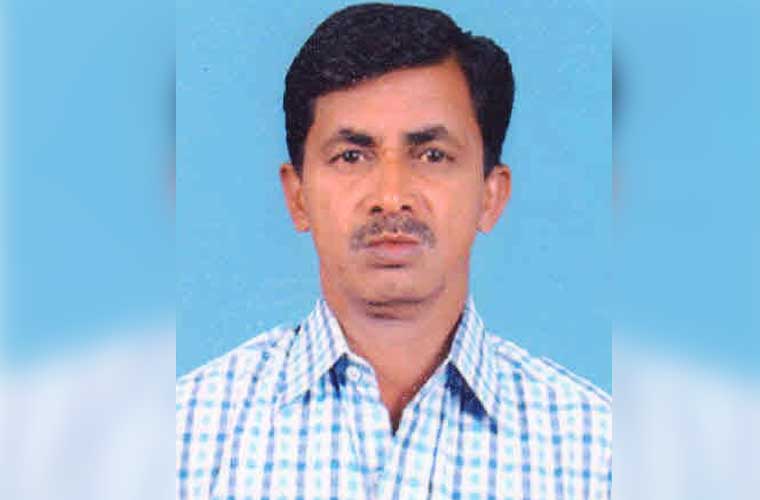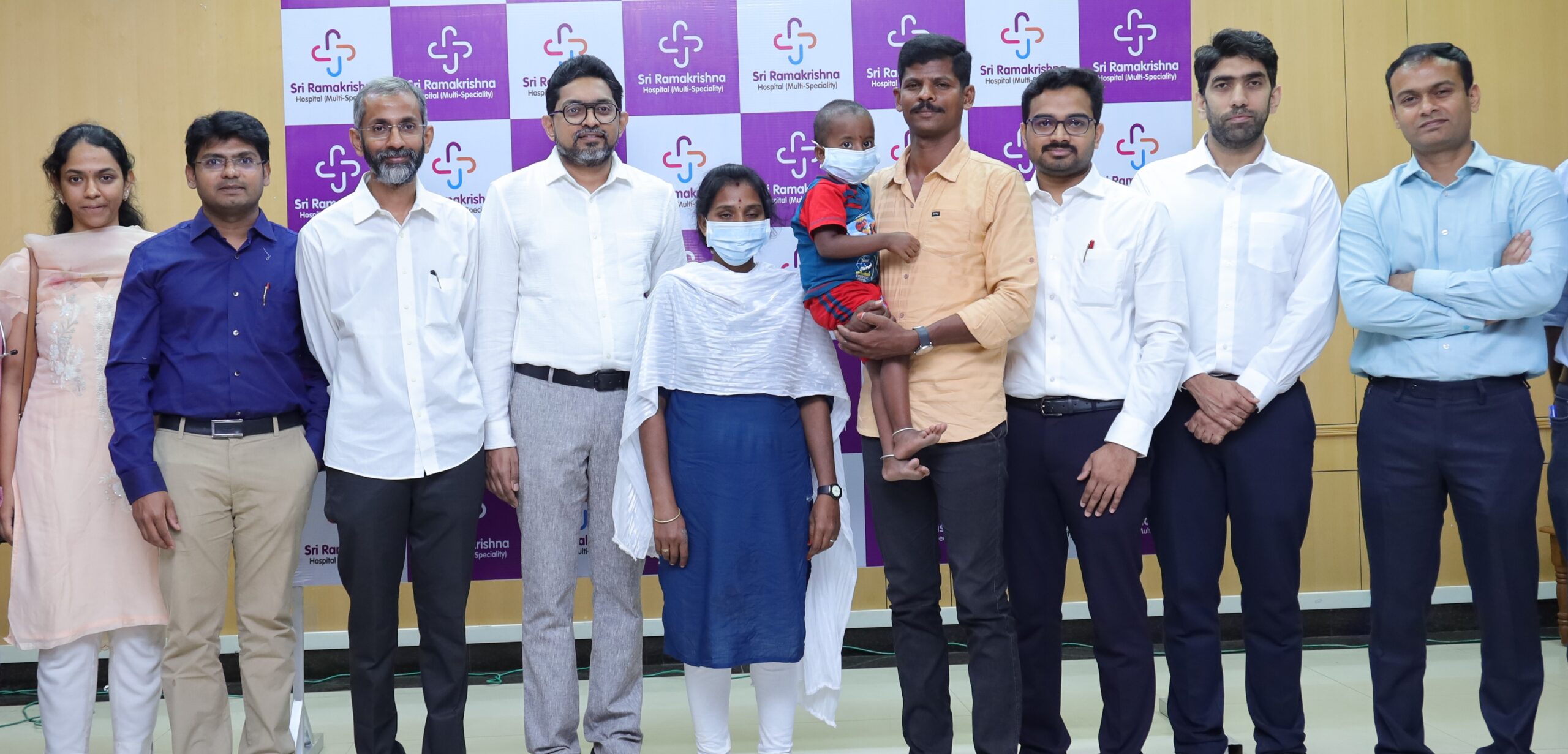Trending Now
- 830 voters names go missing in Kavundampalayam constituency
- If BJP comes to power we shall consider bringing back electoral bonds: Nirmala Sitaraman
- Monitoring at check posts between Kerala and TN intensified as bird flu gets virulent in Kerala
Coimbatore
One can live in others even after death
![]() May 11, 2017
May 11, 2017
On May 5 evening, K. Shanmugasundaram met with an accident near Neelambur. When the doctors declared him brain dead a few days later, his family members came forward to donate his organs.
Doctors at Kovai Medical Centre and Hospital lost no time and harvested his heart valve, lung, kidneys, eyes and liver which saved seven lives in the State. The liver and a kidney were transplanted at a private hospital in the city, the other kidney was sent to Ramakrishna Hospital, the heart valve and the lung went to a private hospital in Chennai and eyes were given to Aravind Hospital.
The deed of the family to give fresh life to seven people sends the right signals and Covai Post caught up with former member secretary of the Transplant Authority of Tamil Nadu, Dr. J. Amalorpavanathan, to further explain the details of organ Transplant which are often misunderstood by a large section of the people. Excerpts from the interview.
How can we determine whether a person is eligible to donate organs donation?
Conventionally, when a heart ceases to breath, it was deemed as death. But, today the medical world has moved forward to certify that the brain is totally and irreversibly dead. Legally speaking, 137 countries around the world have accepted brain death as legal death. In such a situation when the brain is dead, other vital organs are fully functional and therefore can be donated for transplant.
‘Brain Death’ is not a concept that many are aware of. How can we be sure that brain death is irreversible and that the person cannot be revived?
A head collision injury in an accident means the brain would be completely damaged with no means of recovery. Fifteen years ago, individual multi-centered studies in different countries have gone into this concept and tested about 30,000 people. Not one survived the ordeal prompting many countries to legally and ethically treat this as a proper death.
Why is this concept of organ donation shrouded in stigma and taboo and what has led to this form of fear?
I would attribute it to lack of awareness. People do not understand the concept of brain death and argue that as the heart is functional, they would not accept it as death. They must understand that despite ventilators, the patient will only suffer an eternal agony. Even the ventilators can keep patients alive for just three days. But, if they donate in a short time, it would be a life- saving gesture for others.
Can you share an experience where such a donation?
Oh, yes! A colleague of mine who had lost his son in an accident in 2008 ventured to donate the liver to a 10-year-old girl in Kerala and the heart to a boy in Karnataka. A few weeks ago, he contacted me and joyously exclaimed that he had become a grandfather. I was pleasantly surprised to hear that the girl who received his son’s liver had delivered a child. He claimed that his son lived within those who received the organs. Such acts not only save lives, but strengthen bonds.
Illegal harvesting of organs is also a main reason for people to stay away from donation. As a member of the Transplant Authority what is your response?
I agree that it is a legitimate fear and that such deeds are illegal. This is why the Government of India has come up with transplant rules and regulations where the family of the person who is donating has full access to information as to where the organs are going, who has been the beneficiary. There are also proper parameters like scoring systems of age, history of medical illness etc. to judge who the organs need to reach first. So, there is a complete transparency in the process and helps control illegal harvesting. Nevertheless, this is also a Government-run office where there could be corruption. Proper maintenance and awareness is necessary. It is the duty of the public and NGOs to demand complete transparency.
Many organisations have worked towards raising awareness and asking people to pledge their organs for donation after death. Do you think it has contributed?
I have to agree that it is a good way to promote the idea of organ donation. But, just the possession of a donor card does not mean that we can take their organs after their death. They would have to suffer from brain death or an accident that does not hurt their other organs. Since that is a very rare occurrence, I think the donor card can be redundant in most cases. But, it is a good gesture and will definitely contribute to encouraging people to donate.
Do you have any message that would promote the act?
There are around 5000 people in Tamil Nadu alone who are waiting for kidney transplant. So, you can imagine the need for other organs in other states and countries as well. With today’s technology and awareness, people should not die of organ failure. To patients, I would advise a lifestyle that doesn’t involve smoking, drinking, diabetes or hyper-tension. This can lead to organ failure altogether. But, if it does come to that, please seek treatment early to avoid transplant. Even in a dire situation, seek a legal and ethical transplant. To donors, I would advise, helmet wearing to prevent head injury and even if it does end unpleasantly, relatives are encouraged to donate the organs through the legal system in an ethical manner. Your donorship can save lives like it did in Coimbatore.























